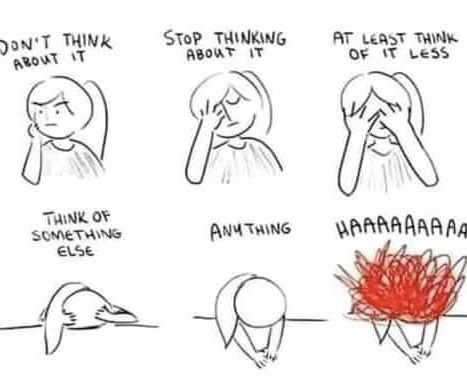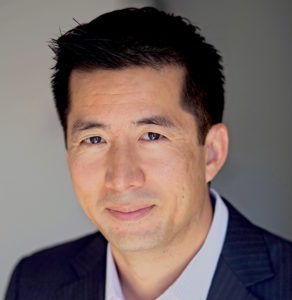What is the best way to cope with a panic attack? Part 4 of an 8-Part Series


A very common question we are asked as specialists in treatment for anxiety is “What is the best way to cope with a panic attack?”
This can be a tricky question. Since panic can be so overpowering and uncomfortable, typically all we want when we’re in the midst of an episode is just for the anxiety to end.
However, the unfortunate reality is that once a surge in anxiety has reached the level of panic, there isn’t necessarily a magic trick or coping tool that reliably and sustainably will head it off, or end the discomfort.
The best way to cope with it at that point is to accept it, ride it out safely, and remember that it is not in and of itself dangerous to you – as much as you may feel that you are in a state of danger. Many people also find that being outside or in a wider, more open space can be helpful. Some people find being around other trustworthy and supportive people helps. Others feel that being alone for a period of time is most helpful.
Medications, particularly Xanax, Klonopin, and Ativan, are often prescribed specifically to ease the surge of anxiety that comes with panic episodes. However, they can be habit-forming, and depending on them too much can limit our ability to master healthier, more sustainable coping skills.
Fortunately, there’s actually an even better strategy for dealing with panic attacks: Preventing them from happening at all.
We can think about this similarly to fighting off the common cold: When we get a cold, the typical advice is to get plenty of rest and drink fluids. Vitamins, cough syrups, and nasal sprays might help ease the discomfort too, but ultimately, once we have a cold, it has to run its course before we feel better.
What is most effective for colds is minimizing our vulnerability to catching a cold to begin with, by maintaining healthy lifestyle habits on a regular basis. This is what is often referred to as “preventative medicine” as opposed to “curative medicine”.
So what might “preventative mental health” look like in the case of anxiety and panic? What would it mean to prevent the onset of panic altogether?

Echoing part 3 of this series on the most common (and unhelpful) ways people cope with Panic, people often engage in various behaviors to exert control in preventing future episodes. However, these strategies are often only effective in the short term.
Ultimately, to break the cycle of panic and prevent it from reoccurring, you will need to confront something uncomfortable.
This might mean facing physiological sensations that mimic panic episodes (see Part 7 on Interoceptive exposure). It could mean dealing with a life situation which has made you feel stuck or trapped, as described in Part 2. It may also mean having a difficult conversation with someone in your life to express unspoken resentments or fears.
These tasks may all sound quite daunting, but in some form they will be necessary to break the cycle of thoughts, emotions, and sensations that escalate into panic. In the long run, developing a new relationship with your thoughts, emotions, and sensations which maintains calm and balance will be far more effective than anything we can do in a moment of already heightened anxiety.
Read on for more information about how we can help with that.
Part 1 addressed the different ways people may experience panic attacks
Part 2 addressed an often unrecognized reason why we panic
Part 3 discussed the most common unhelpful ways that people cope with panic
Part 5 describes the power of language and labeling with regard to panic episodes
Part 6 addresses the use of Mindfulness for panic
Part 7 introduces Interoceptive exposure for panic
Part 8 describes other live “In Vivo” exposures for panic

Martin Hsia, Psy.D. is the Clinical Director of CBT SoCal, and specializes in helping people with OCD, Anxiety, and Insomnia in Glendale, CA.
